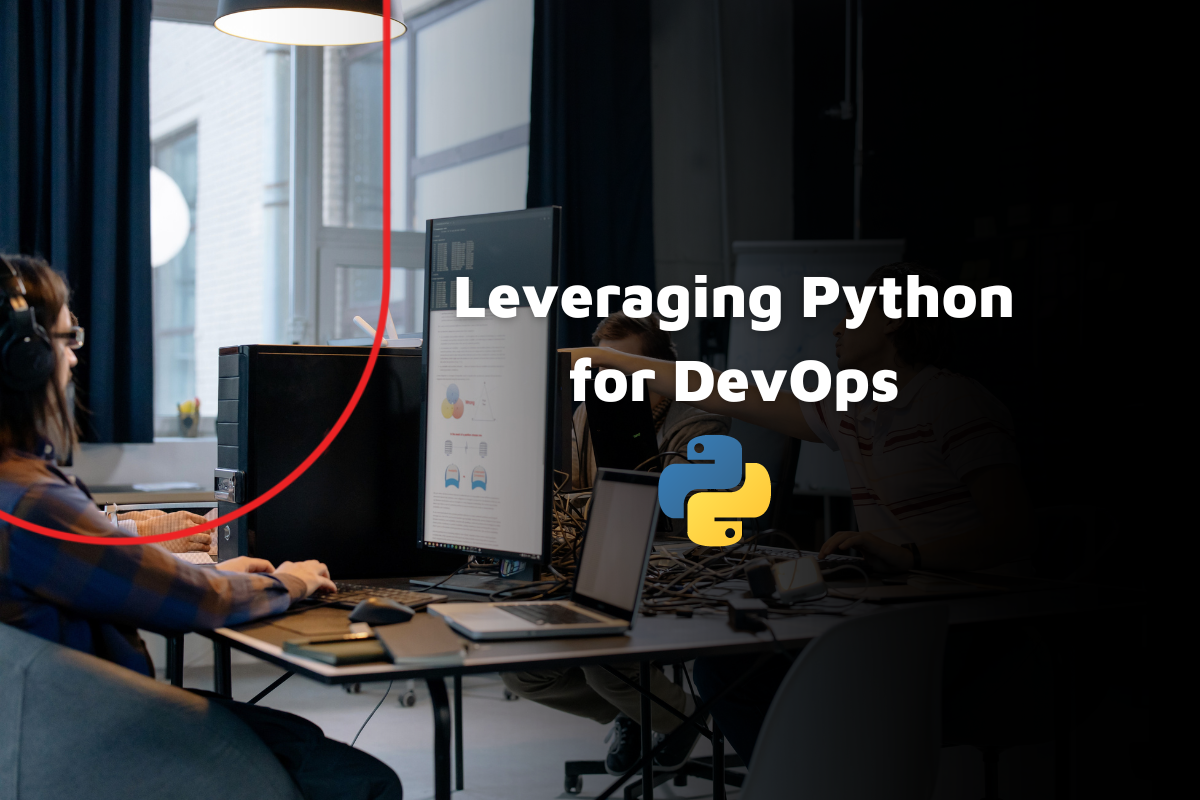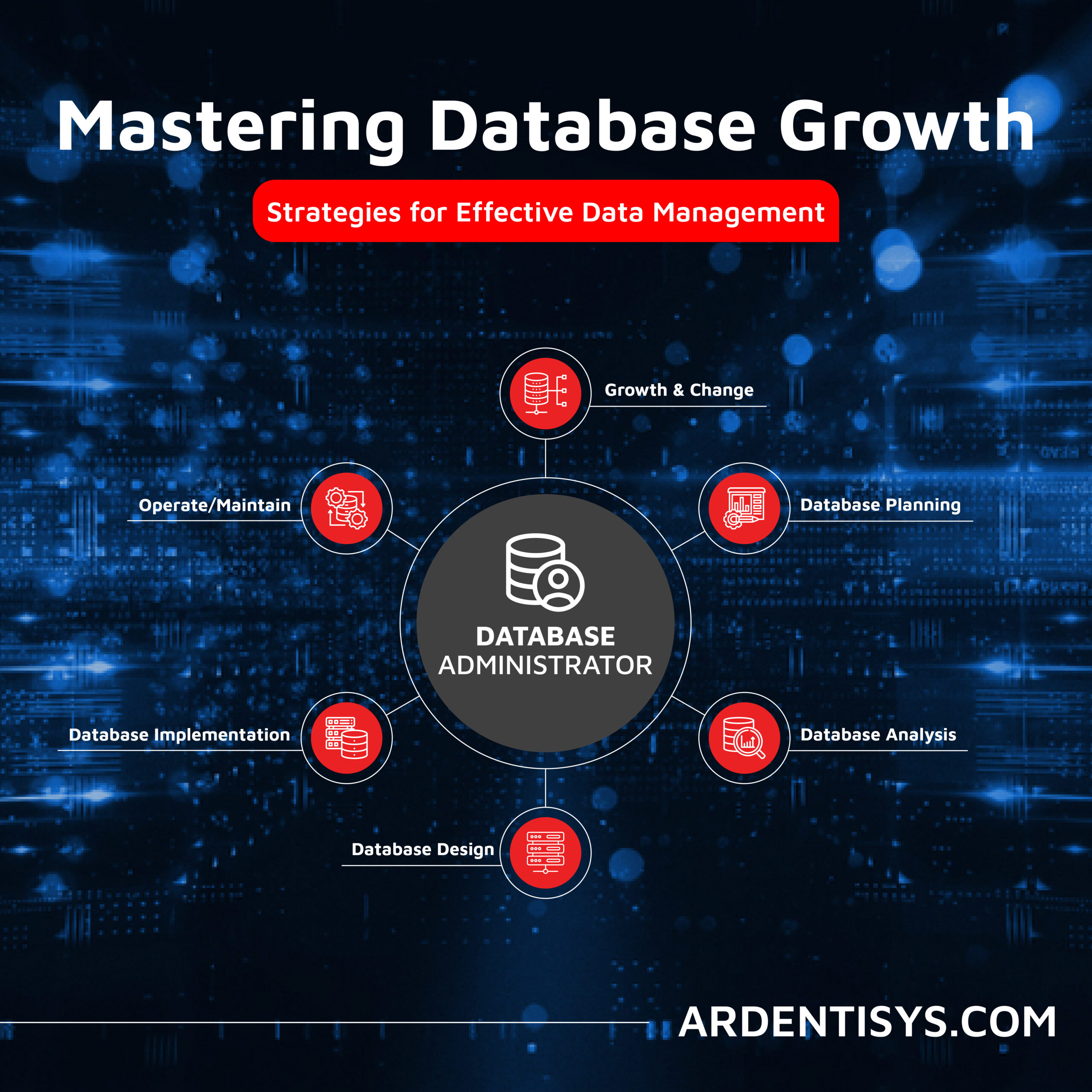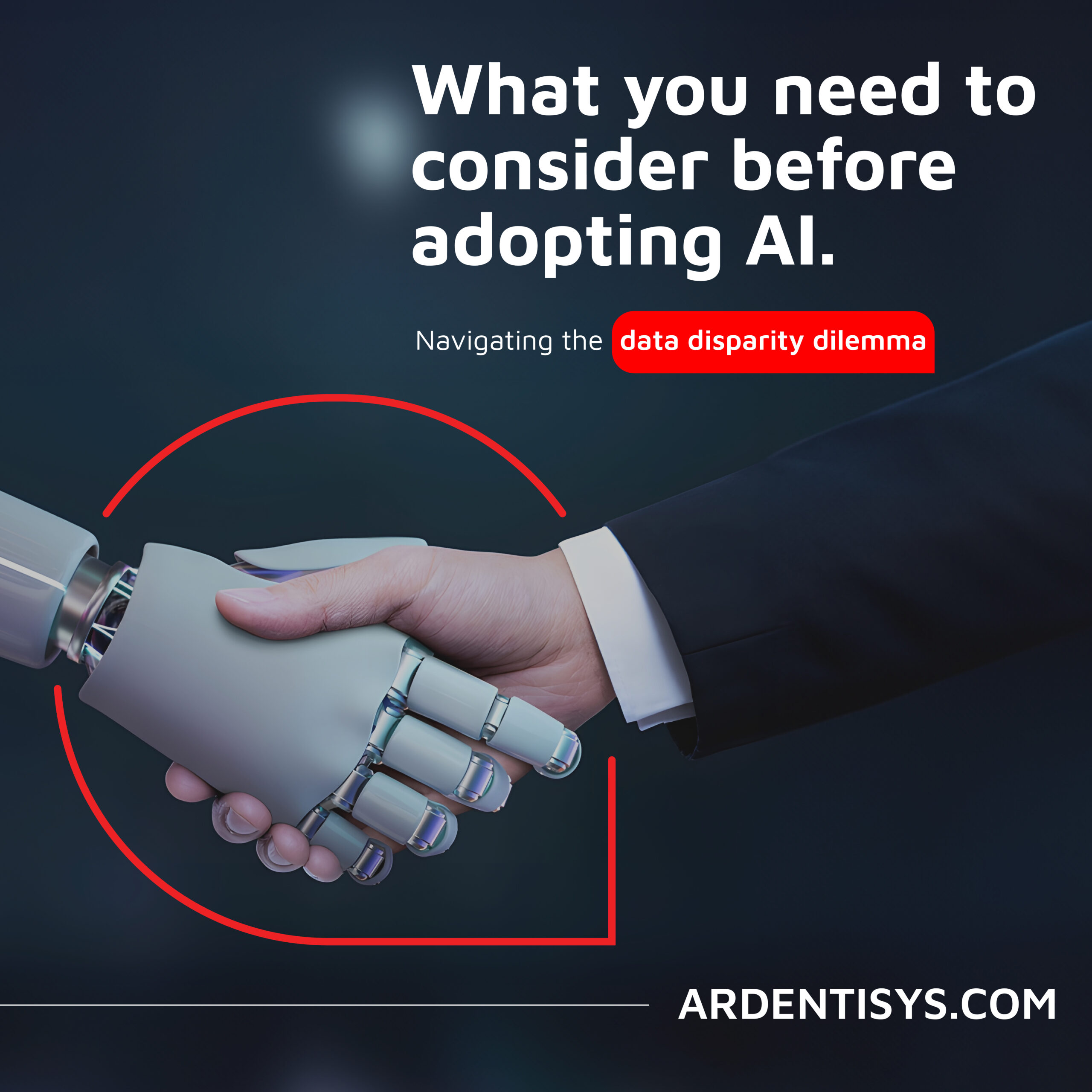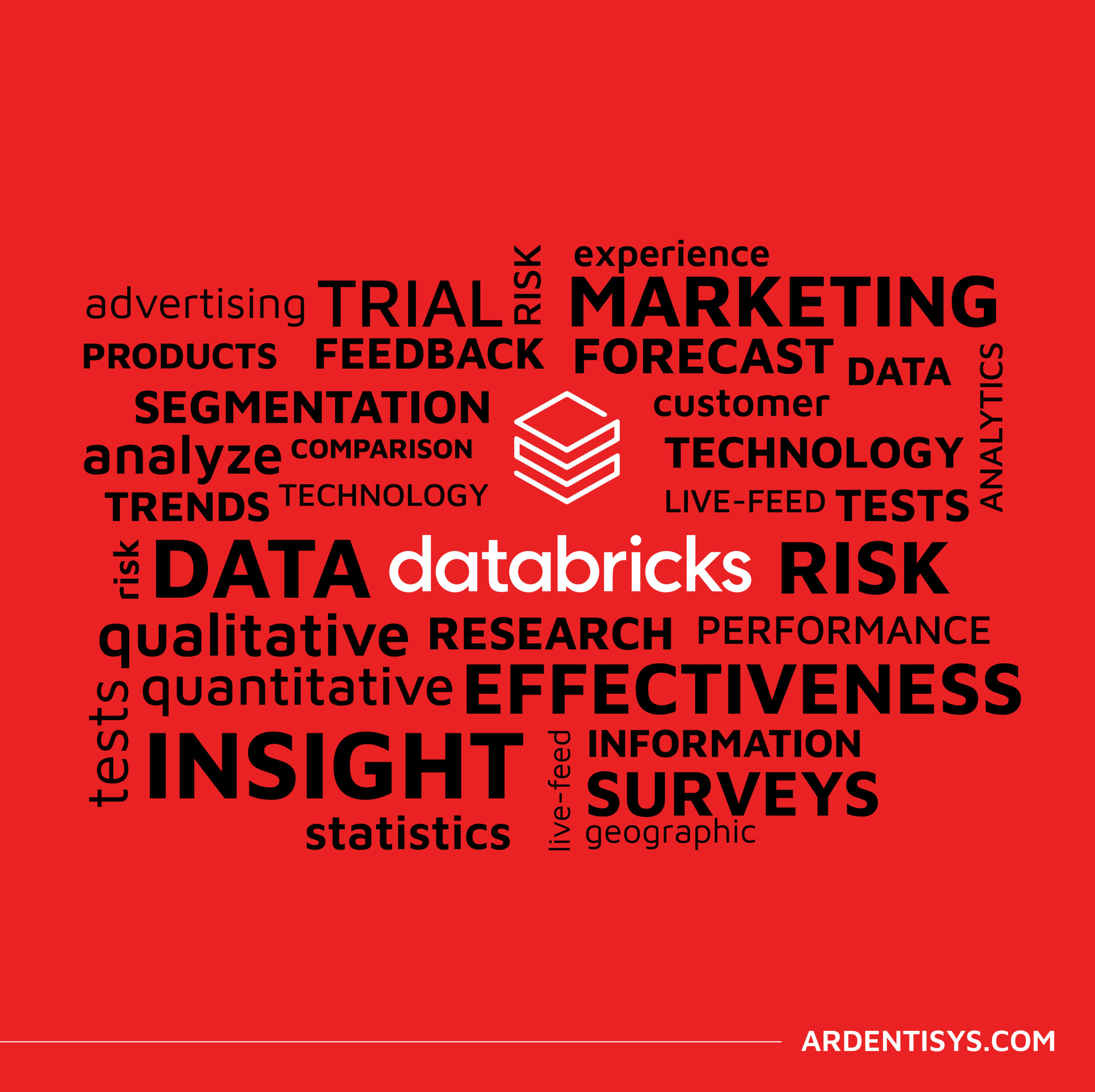Leveraging Python for DevOps, how to get started
7 March 2023 | Noor Khan

Python is one of the most popular programming languages in the world due to its versatility. Many of the world's leading technologies are built on Python including DevOps technologies such as Ansible and Docker. Python is the programming language of choice for many DevOps engineers due to a number of benefits on offer. In this article, we will look at leveraging Python for DevOps and how you can get started.
Why Python for DevOps?
As mentioned Python is a preferred programming language for DevOps and the reasons for this include:
- Open source – Python is open source, so it is free to use which makes it widely accessible.
- Highly adaptable – Python is possibly one of the most versatile technologies which can drive automation, Machine Learning (ML), data science and much more.
- Wide variety of libraries - According to InterviewBit, Python has over 137,000 libraries, making it the ideal choice for DevOps due to its flexibility.
- Easy to learn – Python is considered an easy and simple programming language to learn, especially when compared to others such as JS.
- Multi-purpose – Python can be used across DevOps operations ranging from actually developing apps, and automating workflows to data visualization.
- Automation – Automation if one of the core pillars of Develops and that is where Python really comes to shine.
Leveraging python for DevOps
Many technologies on the market can be used for each stage of the DevOps life cycle. For example, Bitbucket and Git for CI, to AWS Code pipeline, Azure DevOps, AWS CDK, Cloud formation or Terraform for deployment. However, they may present limitations for your requirements. Therefore, Python can offer customizability with the ability to adapt the system to suit your specific needs. Python can be leveraged for effective DevOps operation across several DevOps lifecycle stages including:
Monitoring
Although you may look to use popular monitoring and alerting tools such as Pager Duty, you may require a customised approach which is where python comes into play. Easily create python scripts, and use relevant SDK or custom modules to automate monitoring and alerting of your software, applications and systems. Additionally, libraries such as psutils can be used for monitoring purposes.
Deployment
Python enables DevOps engineers to script the deployment of applications and software using popular python modules Cuisine, Fabtools and Fabrics.
Automating CI (Continuous Integration/ Continuous Deployment)
Python can help automate CI/CD with pipeline automation, which enables efficiency and save significant time and resource.
Customizing python technologies
As mentioned earlier, some of the leading DevOps technologies such as Ansible are built on Python. In the case of Ansible, Python can actually be used to create custom modules.
Automated testing
Automating testing is essential in reducing the time to go live and python can also support the automation of testing. Testing frameworks such as Selenium and Django can be adapted to automate the testing of software and application.
Find out more about optimising each stage of the DevOps lifecycle
Ardent delivering excellence with DevOps
At Ardent, our DevOps engineers have employed Python for many projects including DevOps. You can read about our clients succeeding with technology built with Python here:
- Intelligent platform to automate information security and prevent the damage of content leaks
- Reporting automation for a market research company looking to provide data insights quickly and easily to their end clients.
- Building a 10 TB data lake for survey and near-real-time social media data with Python.
If you prefer to leverage Python for your DevOps operations or need recommendations on technologies suited to your specific projects and team, we can help. Our leading DevOps engineers can come on board to take on your challenges and deliver excellence whether that is as part of your team as an extended resource or as your outsourcing partner. Get in touch to find out more or to get started.
Ardent Insights

Overcoming Data Administration Challenges and Strategies for Effective Data Management
Businesses face significant challenges to continuously manage and optimise their databases, extract valuable information from them, and then to share and report the insights gained from ongoing analysis of the data. As data continues to grow exponentially, they must address key issues to unlock the full potential of their data asset across the whole business. [...]
Read More... from Leveraging Python for DevOps, how to get started

Are you considering AI adoption? We summarise our learnings, do’s and don’ts from our engagements with leading clients.
How Ardent can help you prepare your data for AI success Data is at the core of any business striving to adopt AI. It has become the lifeblood of enterprises, powering insights and innovations that drive better decision making and competitive advantages. As the amount of data generated proliferates across many sectors, the allure of [...]
Read More... from Leveraging Python for DevOps, how to get started

Why the Market Research sector is taking note of Databricks Data Lakehouse.
Overcoming Market Research Challenges For Market Research agencies, Organisations and Brands exploring insights across markets and customers, the traditional research model of bidding for a blend of large-scale qualitative and quantitative data collection processes is losing appeal to a more value-driven, granular, real-time targeted approach to understanding consumer behaviour, more regular insights engagement and more [...]
Read More... from Leveraging Python for DevOps, how to get started






